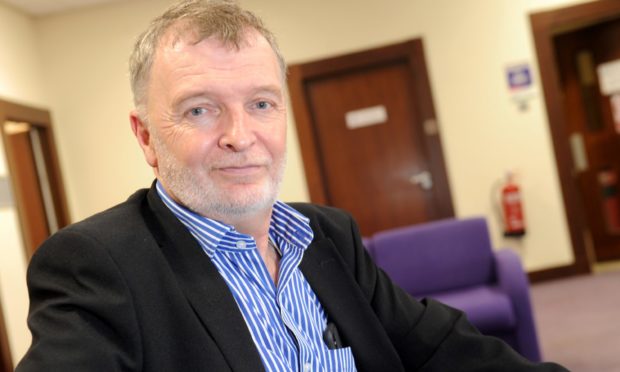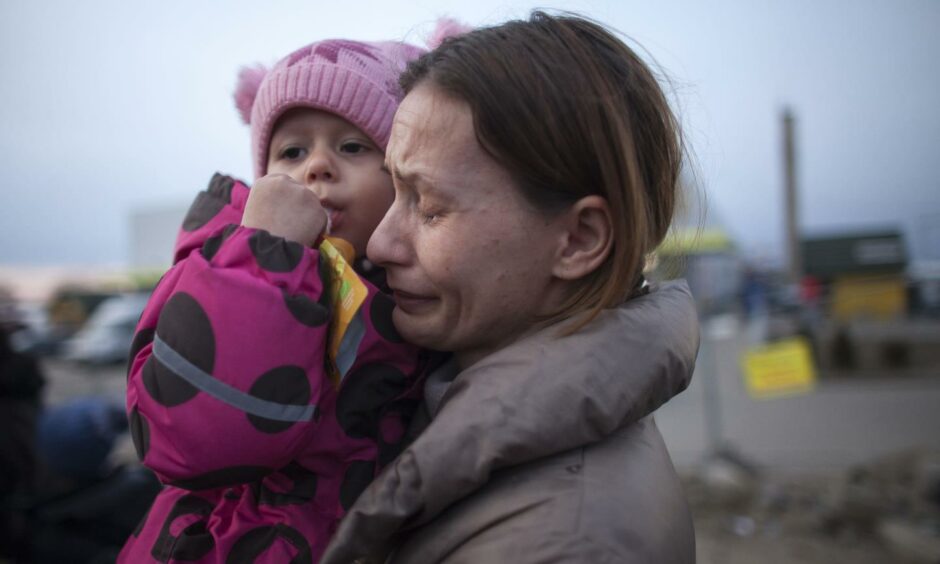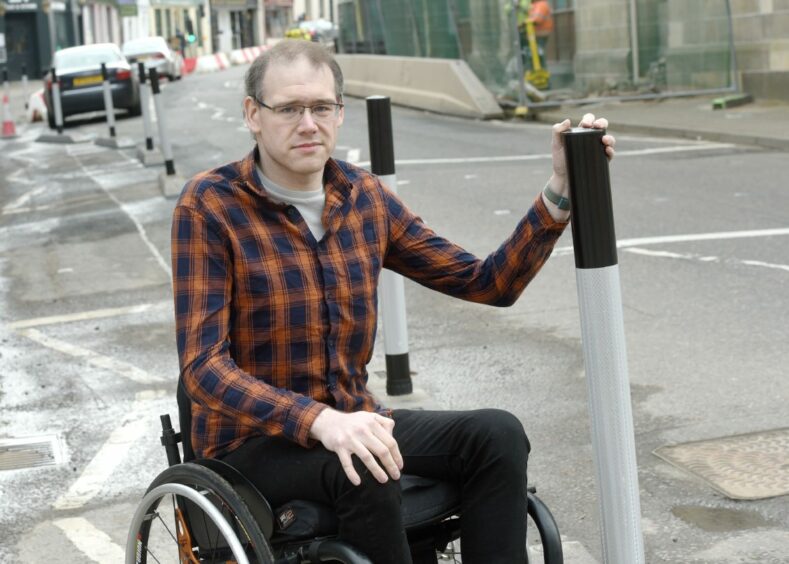Highland Council has passed its final budget before the upcoming election, with a strong emphasis on investment and recovery.
The budget is a mixed bag of service cuts, tax rises and investments, aiming to balance the economic risks against the need to kickstart a recovery.
The council’s budget team was tasked with closing a gap of £34.1m in the coming financial year – that’s £114.5m in the next political term.
It has responded with a 3% increase in council tax and service cuts amounting to £11.8m.
The council has also dipped into its reserves, to the tune of £5.7m.
At the same time, the council has launched its Sustainable Highland strategy, with a headline £10m investment in roads, climate change, schools and family.
Global view
The mood in the chamber was more subdued than usual.
Much of the political wrangling was overshadowed by larger global events.
The meeting began with a minute’s silence to pay respect to the people of Ukraine.
The council leader choked back tears as she referenced the invasion.
Councillor Davidson said that in times like these, the Highland people expect councillors of all political parties to work together.
She thanked the SNP opposition for agreeing to produce a collaborative budget.
Budget leader Alasdair Christie also spoke about the macro-economy.
“We’re seeing a backdrop against this budget of an economic situation that many of us probably never thought would return,” he said.
“We’re seeing interest rates moving up, we’re seeing inflation spiralling up, we’re seeing people who can’t afford basic rights like fuel and energy and electricity to heat their houses, we’re seeing unprecedented action in Ukraine.
“This is the backdrop our budget is set against.”
Mr Christie said the Highland Council budget is ambitious, and would move Highland out of this “dreadful” period and into the future.
Roads spend is not enough
However, the thorny issue of roads dominated the debate.
Successive members, including those in administration, spoke about the decay in their own areas.
Every member accepted that even the enhanced funding for roads does not go far enough.
Councillor Andrew Jarvie led the charge with an alternative Highland Council budget.
Mr Jarvie said the bill to fix the roads would top £195m but by his calculations this would cost the council just £12m a year.
“Be under no illusion,” he said. “This is a dire situation but the cure is there. We could do this if we work together.”
Highland Council has provided an additional £5.5m in revenue funding on top of the £20m capital already committed in the budget.
This is enough to keep the roads in a ‘steady state’ this year, but falls well short of the funding needed to bring all the roads to a good state of repair.
Late last year, the council’s own figures revealed the grim reality. Repairs are needed on 39% of Highland roads, and the council must spend £26m a year just to keep up.
Highland Council spends one third of the amount of other councils per km of road.
Cautious budget gets green light
However, members were brutal in their assessment of Mr Jarvie’s alternative plan.
They said it was not fully costed and not deliverable.
Councillor Allan Henderson said he read the amendment before he went to sleep, and realised Mr Jarvie had discovered money that the council’s experts had missed.
But when he woke up – he said – he realised he had been dreaming.
Councillor Derek Louden said the roads problem needed a sustained increase in spend, over a sustained period of time. Mr Jarvie’s “one-off hit” was not costed, he claimed.
Councillor Jimmy Gray took issue with the myopic focus on roads:
“It’s not fix the roads and fix the world,” he said. “You’re living in cloud cuckoo land if you think that.”
The meeting adjourned to consider Mr Jarvie’s amendment, but the administration budget passed comfortably with a 46-6 vote.
It will be up to the next administration to deliver the savings – and the brighter future the leaders hope for.


